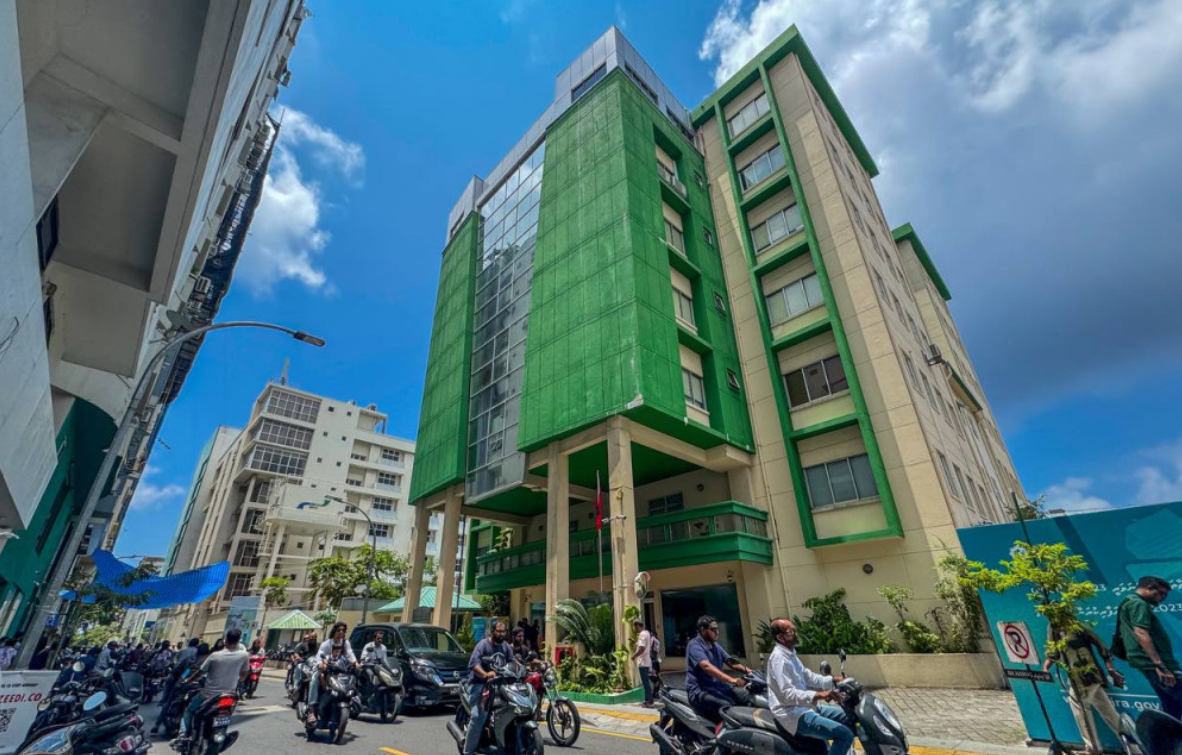
Revenue Up, But People in Debt
The Maldivian government proudly reported that revenue and grants reached MVR 18.6 billion by June this year—an 8.9% increase compared to the same period last year. Taxes made up MVR 14.2 billion, or 76.5% of the total revenue, according to the Ministry of Finance’s Weekly Fiscal Development Report.
But behind the glossy numbers, the real story on the ground is different.
While green tax revenue surged by 92%, and airport charges increased by over 50%, this money isn’t reaching the average citizen. More than 90% of households in the Maldives are in debt, according to figures from the Maldives Bureau of Statistics. Loans for basic needs—food, rent, and electricity—are growing. Families struggle to pay bills at the end of each month, even as tourist numbers hit 1 million and government revenue climbs.
The government says it has deposited MVR 1 billion into the Sovereign Development Fund—a 60.1% increase. But for most people, this fund is a distant concept. Their concern is not national savings, but how to afford groceries and keep a roof over their heads.
Critics argue that revenue increases are fueling government spending, not public welfare. Political appointees, luxury overseas trips, and rising administrative costs continue unchecked. Despite receiving 46.7% of its budgeted income, the government’s borrowing hasn’t slowed.
In a country of just over half a million people, the wealth gap is growing—and while the nation grows richer on paper, its people grow poorer in reality.



